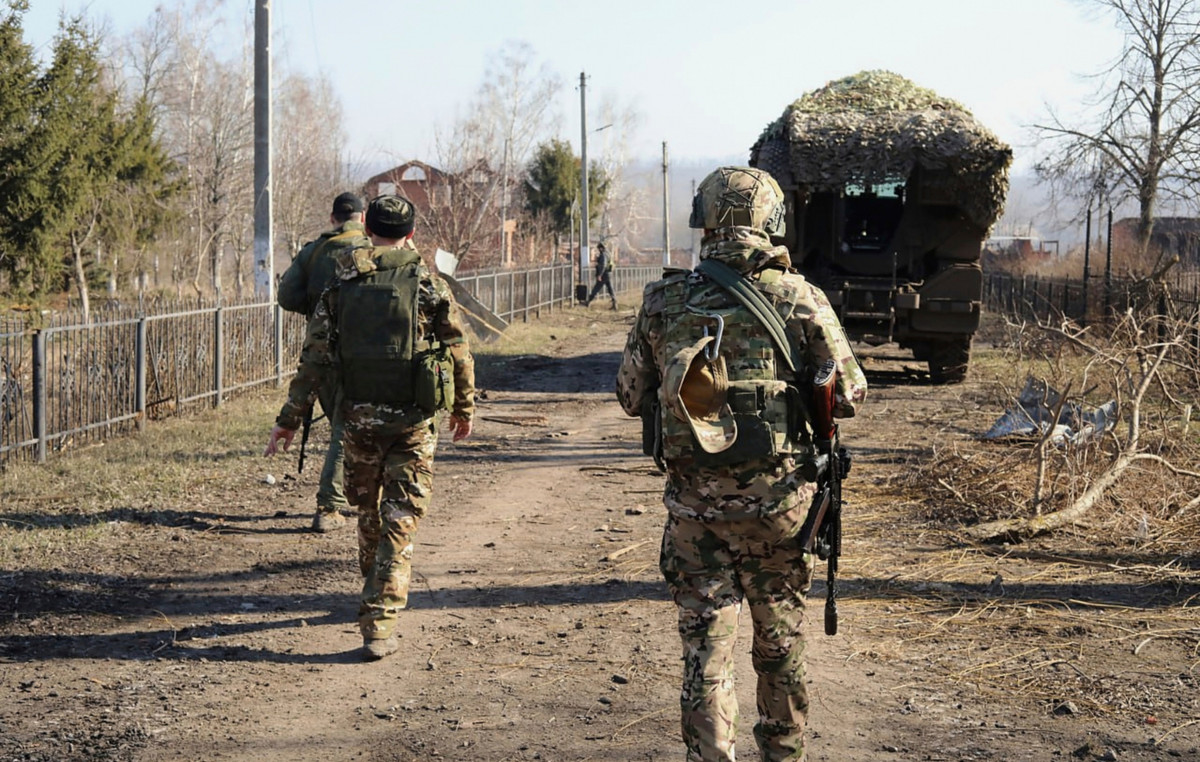Most European stock markets closed in the red on Friday, erasing the profits of yesterday’s session, as a result of the positive reaction of investors to the monetary policy decisions of the central banks.
Today, however, concerns returned about the impact of the Omicron mutation on the economic recovery and the outlook for inflation, following data released by Eurostat which showed that Inflation in the Eurozone in November reached its highest level ever, with most of the rise attributed to rising energy prices.
In particular, Eurostat announced that inflation stood at 4.9% on an annual basis, according to the initial estimate. On a monthly basis, the increase was revised downwards to 0.4% from the initial 0.5%. In Greece, prices stood at 4% in November.
The ECB wants to keep inflation at 2% in the medium term and has repeatedly stated that the rise in inflation is temporary. The bank expects price increases to slow in 2022, but acknowledged that this will take longer than originally expected.
Yesterday, the ECB officially announced that the Extraordinary Bond Purchase Program (PEPP) will expire in March 2022, while at the same time decided to strengthen the regular purchasing program (APP) in order to avoid any negative effects from the gradual contraction of PEPP.
The Bank of England also surprised investors by moving on raising interest rates for the first time since the outbreak of the pandemic. The bank cited the strong labor market and the need to return inflation to the 2% target. Data released in November showed prices jumping to a 10-year high of 5.1%.
Investors, meanwhile, continue to watch the new Omicron mutation as it continues to spread at an alarming rate, forcing many countries to return to austerity measures to avoid a new tsunami.
European Commission President Ursula von der Leyen told a news conference after the EU summit that “while we are still struggling with the Delta variant, Omicron is threatening us.”
“What we need to do now is to save time, to reduce the spread of Omicron as much as possible. The means are the triple vaccination, of course the masks, the distances, the reduction of contacts”, the President of the Commission pointed out and assured that there is an adequacy of vaccines and preparations are underway for their possible adaptation.
As he pointed out, he informed the leaders at the Summit that “the contracts [για την προμήθεια των εμβολίων] predict that companies will develop custom vaccines, if requested, within 100 days. ”
In this climate, the pan-European index Stoxx 600 fell 0.56% to 473.90 points, with the auto industry recording the biggest losses with a fall of 2.5%. In the week the index lost 0.3%.
In the individual dashboard, the German DAX lost 0.67% to 15,531.69 points, the French CAC 40 slipped 1.12% to 6,926.63 points, while the British FTSE 100 recorded small gains of 0.13% at 7,269.92 points.
On the periphery, the Italian FTSE MIB lost 0.64% to 26,611.41 points, while the Spanish IBEX 35 fell 0.82% to 8,311.60 points.
In the individual shares, the Italian biotechnology company DiaSorin “dipped” more than 10%, as investors react to its business plan for the period 2022-2025.
At the top of the Stoxx 600 was Just Eat Takeaway.com with profits of more than 4%, after a Bloomberg report reported that the activist fund Cat Rock increased its participation in the Anglo-Dutch food delivery company.
French oil company Rubis climbed 4.7% after acquiring the Photosol solar energy group in a bid to speed up its transition to renewable energy sources.
.
I am Sophia william, author of World Stock Market. I have a degree in journalism from the University of Missouri and I have worked as a reporter for several news websites. I have a passion for writing and informing people about the latest news and events happening in the world. I strive to be accurate and unbiased in my reporting, and I hope to provide readers with valuable information that they can use to make informed decisions.






